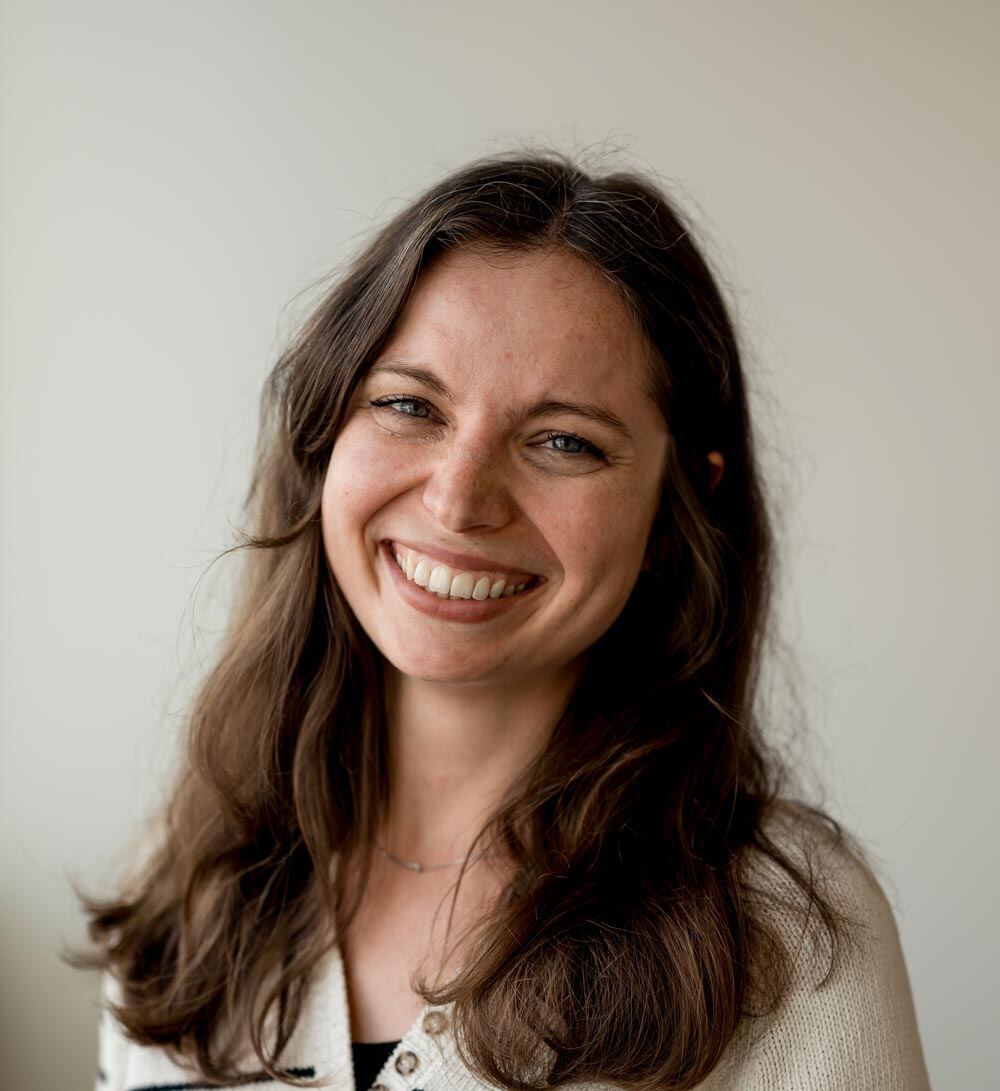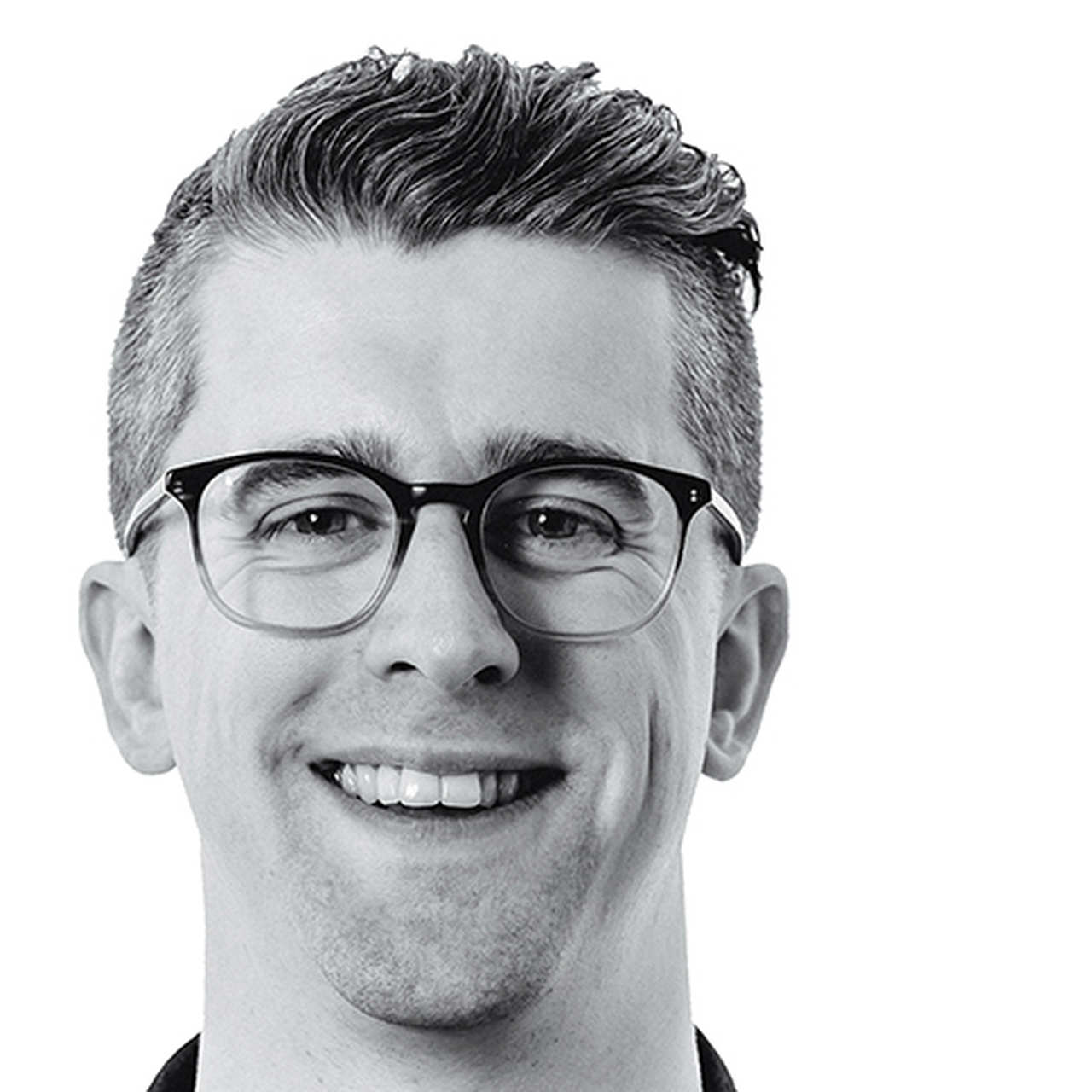Meet Thomas Pesnot, Drug Discovery Services Director at Concept Life Sciences
Meet Thomas Pesnot, Drug Discovery Services Director at Concept Life Sciences, a UK based CRO that offers drug discovery services to clients across the world.
An interview brought to you by Emily, co-author of the Synthesis newsletter. Want to keep absorbing wisdom from experienced folk in drug discovery?Get the "Synthesis" (read: shorter) version delivered to your inbox every other week, or subscribe on LinkedIn.
Why did you get into drug discovery?
Like many 17- or 18-year-olds, I found it difficult to decide next steps. I wanted to be in healthcare, but I couldn't see myself becoming a doctor. At the time, I was also very interested in chemistry and architecture.
In the end, I thought, why not put healthcare, chemistry and architecture together and try to be kind of a molecular architect? It’d be like playing with Legos, but with molecules, to design drugs that would be useful to patients. That way, I wouldn’t have direct contact with patients, but I could provide them with the medicine they need as part of their care, whether it’s to cure their disease, or alleviate their suffering and make their disease manageable.
What does a typical day look like for you?
A typical day will be a long succession of meetings and ad hoc discussions.
One may be about steering the business’ scientific strategy as a whole, the other helping the marketing team, and the next talking operations, or looking at what new technology we need to make available to our clients. I'm also heavily involved in scientific discussions and drug discovery projects.
The variety, and needing to adapt to who you're talking to and on what level—it's very stimulating. And though I’m involved with the scientific leadership and strategy, I get to stay connected with the science and the projects we do, which is something I also really enjoy.
In your view, what are the most pressing challenges in drug discovery?
We're still struggling to really grasp the fundamental causes underpinning diseases. In many cases, we don’t understand the etiology, and I think that’s especially true in neuro-degeneration, where there's been lots of clinical failures over several decades of research.
Also, drug-resistant bacteria is a significant threat to us as a society, and it’s an area we should be committing more resources and budget to.
One last thing: now that we’ve made giant strides in oncology with things like CAR-T cell therapy, we need to start looking at patients’ quality of living. As scientists, often we only think about the scientific problem that’s in front of us. But we also need to think about making the treatment more comfortable for patients, so that they’re in a better condition to fight the disease, like allowing them to stay home by creating less cumbersome treatment and further reducing side effects.
What skills should all drug discovery researchers be developing?
First, be inquisitive—not just about the science you’re tackling on a daily basis, but about everything, and about every type of science. If we stop being inquisitive, then we have to stop being scientists altogether.
Second, listen to your colleagues, and understand that everyone has skills they bring. You’ve got to take what every specialist says into consideration when making a big decision on a project. Bringing different perspectives together is something that's really important for any job within drug discovery processes.
Third, be resilient. Because failure will happen. Often, running a drug discovery program is about anticipating a succession of problems that you need to fix—so that eventually, after things don't work for months and months, a paradigm-shifting data point appears. To get to that point, we must learn to cope with that failure, and overcome it.
Tell me about a recent project that excited you.
There was this really exciting project in neuroscience. I was supporting it from a leadership perspective, and it looked at restoring proper function of the glymphatic system—your brain’s “flushing system” for getting rid of toxins—during certain phases of sleep.
Without a properly functioning glymphatic system, patients are more likely to develop dementia, Alzheimer's, and Parkinson's, so we were trying to restore normal function to limit disease progression. It reminded me that it's critical to get good sleep, and rejuvenate the brain.
What’s a key thing you’ve learned from success (or failure)?
I’ve learned that you can’t correlate progress with hard work, because in drug discovery and science, progress isn’t linear. You’ll likely feel as though you’re taking one step backward, then one small step forward, then another step backward until one day, all of your hard work unlocks something—and suddenly you’ll have made a giant stride in your project.
When it happens, you might think, “Oh, it wasn’t that hard. It just happened all at once.” But actually, you’ve been building on everything you learned when things weren’t “progressing.” In essence, there’ll likely be a delay before your hard work pays off.
Any top tips for helping scientists adopt new technologies?
There’s lots of modalities in between small molecules and large proteins such as peptides and PROTACs. These modalities go beyond the traditional rules of small molecule discovery. I think that there's going to be a lot to uncover in this space. The potential is huge.
I’m also excited by the work we’re doing with things like AI, ML, and deep learning. At the moment, I don’t see them replacing scientists. I see them helping make scientists’ lives easier and hopefully accelerating the drug discovery process, which is still painfully slow.
Who’s helped you most in your career?
The person who hired me for my first industrial job. She was my supervisor during my 5 years at that company, and then again for another 5 years at another company. By letting me make my own mistakes and learn from them, she helped me develop as a resourceful scientist, so that eventually, I could find my own way. Her mentorship was invaluable to my career. It's something that I’ve taken to heart, and I replicate it with my team, developing new generations of drug hunters and scientific leaders.
What’s a book, paper, or article you’d recommend?
My geeky recommendation: How the Immune System Works by Lauren Sompayrac
As I’m a chemist by training, and needed to learn about immunology for one of my first projects—and this book was so well written, it made all the fundamentals of the immune system accessible. And it’s only got around 200 pages, I read it in 3 evenings. Since then, I’ve read loads about the immune system. It’s a fascinating field that arguably plays a role in most common diseases, from infections to cancer, to even neuro-degeneration.
My recommendation for those who want to become leaders:
Turn the Ship Around! A True Story of Building Leaders by Breaking the Rules by David Marquet
This is actually based on the US army, but the learnings are very applicable to drug discovery leadership and scientific leadership in general. It’s great for ensuring that you work together to make the right decisions quickly, and that you give ownership to every team member.
Emily Tipper, PhD
Emily is a Customer Success Manager at Synthace and co-author of the Synthesis newsletter. She did her undergrad in Biology at the University of Oxford, and has a PhD in Plant Sciences from the John Innes Centre. She worked in the Synthace lab team prior to joining the Customer Success team, where she now helps...
Other posts you might be interested in
View All PostsMeet Örn Almarsson, CEO and Co-Founder at Axelyf

Perspectives on closing the loop in big pharma

How to Make High Throughput Design of Experiments the Norm in Assay Development

